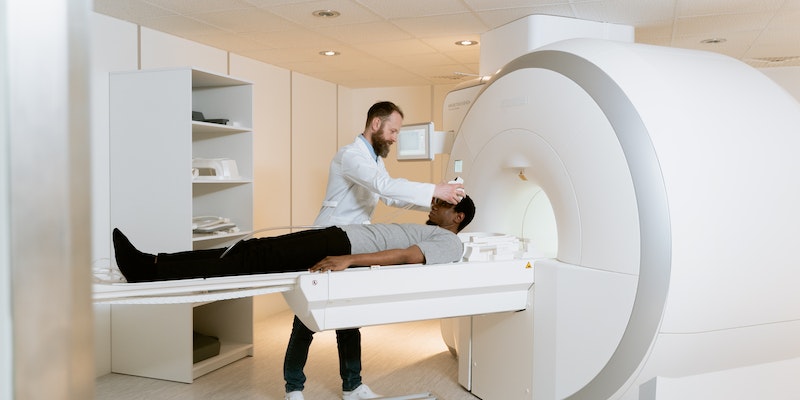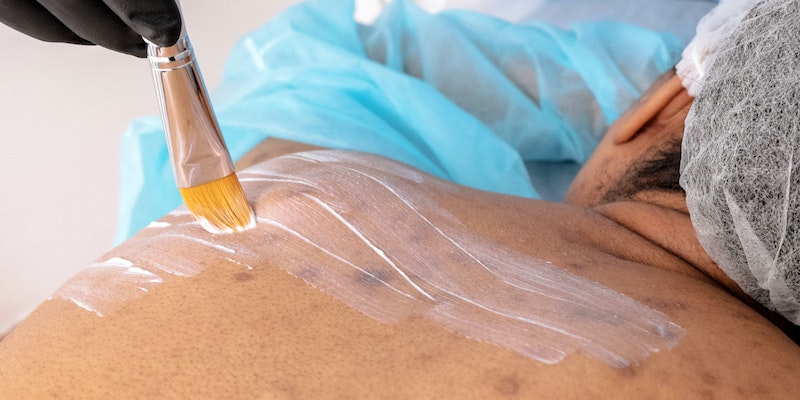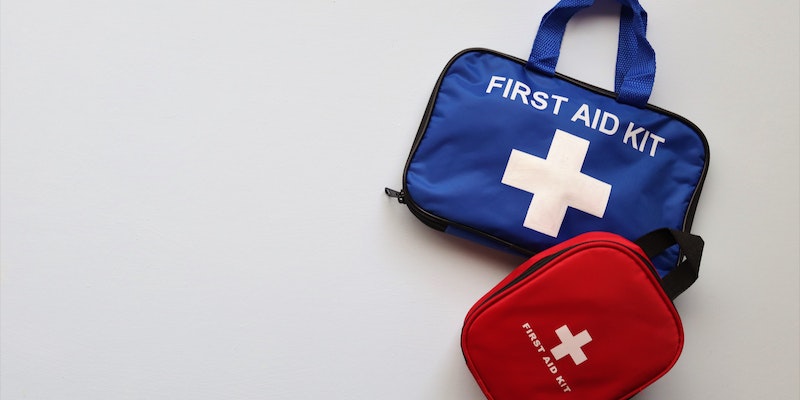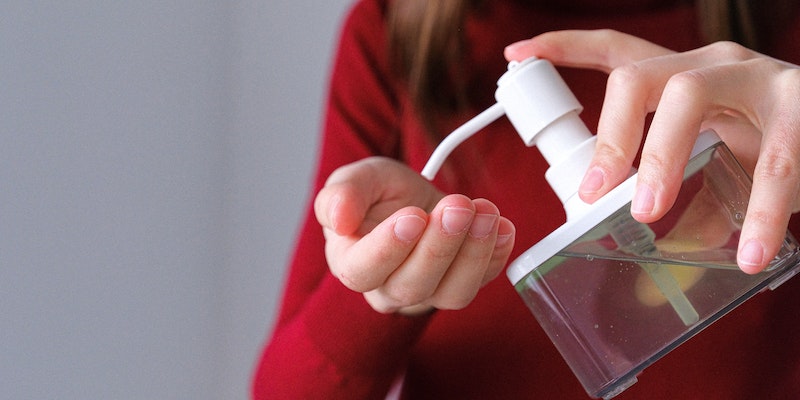Herpes Unveiled: Understanding the Infection
Oct 01, 2023
The herpes simplex virus (HSV) causes an infection known as herpes. The two main herpes simplex viruses are
- HSV-1
- HSV-2.
Most of the time, HSV-1 causes oral herpes, which looks like cold sores or fever blisters around the mouth and face. HSV-2 causes herpes in the vaginal and anal areas. It shows up as spots or blisters.
Herpes simplex virus is contagious and spreads through close physical contact, like kissing, sexual contact, or sharing personal items like towels or tools, which are ways you get herpes.
Once within, the virus causes permanent infection. Itching, discomfort, and blisters result from the virus replicating and traveling through nerve pathways during active stages.
Herpes has no cure, although the immune system can regulate it. Antivirals can treat symptoms, minimize outbreaks, and limit the risk of transmission. Education and prevention are essential to lowering herpes transmission.
Types of Herpes
The herpes simplex virus has two different types.
Herpes type 1 (HSV-1)
HSV-1 causes cold sores and oral herpes infections, usually spreading through oral contact. Herpes genitalis is another possible outcome. HSV-1 is endemic in adult populations.
Herpes Type 2 (HSV-2).
Herpes Type 2 spreads through genital areas and sexual activities. Most people experience either no symptoms at all or relatively minor ones. This infection, if it gets severe, causes ulcers. Treatment with medication can alleviate symptoms but not eliminate the illness.
It might be distressing to have vaginal or oral herpes symptoms repeatedly. Sexual relationships may be affected by the stigma associated with genital herpes. Most persons with herpes genitalis or genital herpes learn to accept their condition and continue their lives.
Symptoms of Herpes
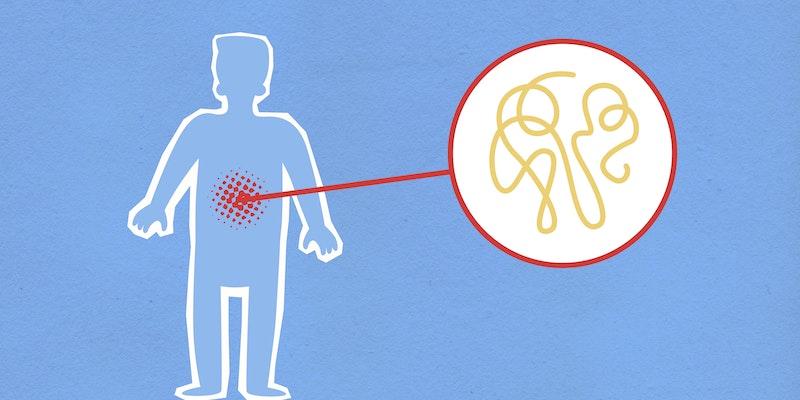
Many people who are suffering from herpes show no symptoms at all or very moderate ones. People suffering from infection usually do not know about their condition and may inadvertently infect others.
Initial symptoms of infection include:
- Fever
- Hurts all over the body
- Oral herpes (throat pain)
- Headache
- Lymph nodes swelling up.
The signs of HSV-1
Most people with oral herpes (HSV-1) have blistering of the lips and mouth area. The cheeks and tongue are common sites for blister formation. Herpes sores most frequently form in the mouth and lips, although the virus can cause lesions on any part of the body. An HSV-1 carrier may get an outbreak of herpes simplex after getting severe sunburn.
The signs of HSV-2
Genital herpes (HSV-2) often appears in the penis, the vagina, the buttocks, and the anus. Some women have trouble with vaginal sores. These sores, like oral herpes, can show up anywhere on the body. Genital herpes sufferers (often women) may experience burning or difficulty urinating.
Transmission
The herpes simplex virus spreads when people touch each other. Transmission of the herpes virus can be by touching a still-open spot. Herpes simplex spreads usually through a person who might not show any symptoms. And the ways how do you get herpes are:
- Kissing
- Physical contact
- Swapping personal items.
Causes
Transmission of HSV from one person to another is facilitated by the wet skin of the mouth and genitalia, particularly the anus, where the virus thrives.
Contact with the eyes or other skin parts might also transfer the infection. Catching HSV from everyday household items or surfaces like sinks and towels is impossible, so you don’t need to be worried about that.
The main causes of infection are:
- Sexual activity without condom or protection.
- Intimate item sharing
- Having any close contact with a herpes carrier, whether it be oral or genital
Effets of Herpex Virus
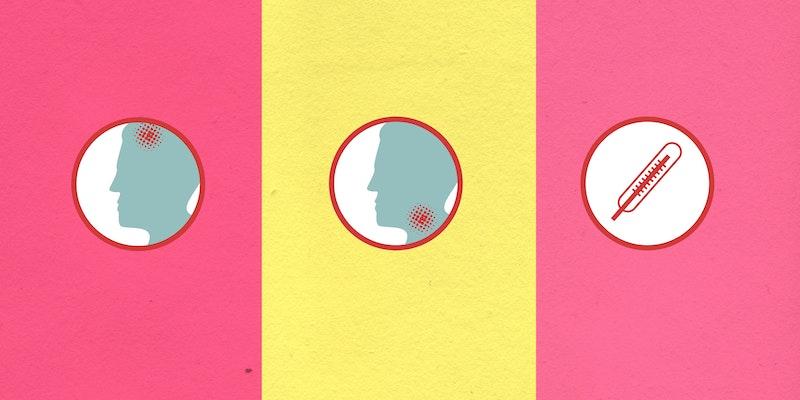
Once an individual contracts the herpes virus, it establishes a lifelong presence in their body. Following initial exposure, the virus migrates from skin cells to nerve cells, where it permanently resides. While it often remains dormant for extended periods, manifesting no symptoms, it retains the potential to reactivate.
Some things that can make the virus start up are:
- Stress
- Sickness
- Fever
- Sun exposure
- Periods in women
- Having surgery
Can Herpes Be Cured?
There is no proper cure for herpes, but we can avoid it and can minimize the negative impacts. Various treatment options for both oral and genital herpes are available to help you out.
Home remedies
It is not recommended to treat herpes with home remedies before seeing a medical professional. No study supports the usefulness of home remedies in treating herpes symptoms.
However, the following might help lessen some discomfort from herpes symptoms in some people:
- Taking medicine such as acetaminophen or ibuprofen relieves the pain
- Swimming in moderately salted water or sitting in a warm sitz bath squirting water
- Using a cream or lotion on the uterus before urinating
Some people find that utilizing cold packs assists. However, never apply ice straight to the skin - wrap it in a towel first.
Medications
As mentioned earlier, there is no cure for herpes. But with a prescription from your doctor, you can use antibiotics. For curing running flu, one should use antiviral medicines; they are helpful in curing the flu, but it is better than taking no medicine at all. Treatment could also make the symptoms less harmful.
Prevention
- Avoiding oral contact (including oral sex) and exchanging things that have touched saliva is recommended for those with oral herpes symptoms. It is suggested that people who have signs of oral herpes should also get tested for HIV.
- Pregnant women are at high risk of infection. If she gets any symptoms, she should immediately consult a doctor because there is a high chance of transmission of infection to her baby.
- A sexually active person should regularly use condoms. Even while condoms help, it is still possible to contract HSV if you have any sexual contact that does not involve the condom.
- People with signs of oral herpes shouldn't have physical contact until their symptoms have gone away.
- Lifelong, partial protection from HSV-2 infection, along with HIV and HPV, is possible with medical help.

